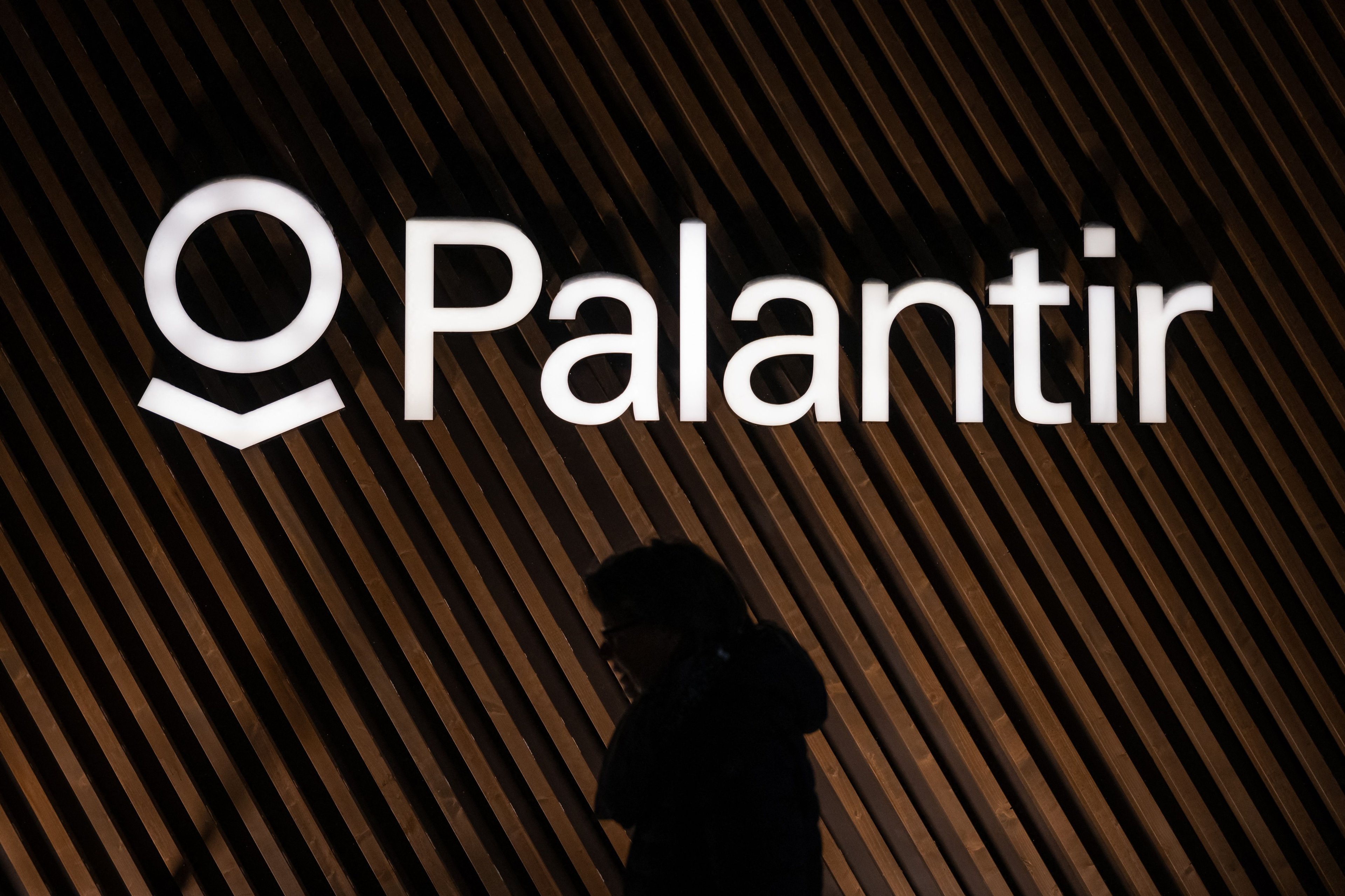Unless you're a bit of a media company wonk, you're probably far less familiar with Viacom (NASDAQ: VIA) (VIAB +0.00%) than you are with the properties it owns: Nickelodeon, MTV, Comedy Central, BET, and Paramount Pictures, to name a few. It's a portfolio with a lot of potential, though it's been awhile since that translated into great overall results. When the company reported earnings Tuesday, the numbers were mixed. Still, investors bid up its stock, and MarketFoolery host Chris Hill and senior analyst Emily Flippen have some opinions about why.
In this segment of the podcast, they discuss Viacom's new production deal with Netflix (NFLX 2.15%), its dependence on revenue from cable subscriptions, its slow shift toward the streaming world, and the dangers of undercutting its core business model in the search for new revenue streams.
A full transcript follows the video.
Check out all our earnings call transcripts.
This video was recorded on Feb. 5, 2019.
Chris Hill: Let's move to entertainment. First quarter results for Viacom were mixed, but shares of Viacom are up. I'm assuming that has to do with a little bit of optimism about their new production deal with Netflix.
Emily Flippen: Yes, exactly. And low expectations. There might be a whole generation of people who have no idea what Viacom is, right? The industry is changing. It's important for Viacom to stay relevant. A lot of the ways that they're staying relevant, like you said, Netflix. They had some great hits this year on Netflix, getting licensing revenue from, if I remember correctly, some of their TV shows -- Haunting of Hill House was very popular; Maniac. They're still producing those TV shows, licensing them to companies like Netflix.
But, the core of their businesses, a lucrative part for them is still charging for cable packages. So, it's going to be interesting to see how they change their core business from getting this revenue from monthly subscriptions to maybe being more content-based or advertiser-based thanks to their acquisition of Pluto TV. These are things that are going to be really interesting to watch to see how Viacom develops in the future, if they end up fading away and turning into a legacy of the past, or if they can carve themselves a relevant portion of the streaming service in the future.
Hill: Viacom is one of those businesses -- we've seen this in other industries as well -- where the properties that Viacom owns are almost certainly better-known than Viacom itself. As you said, Viacom, that's one of those things where you scratch your head, and you're like, "What is that?" But people have heard of Nickelodeon, MTV, Comedy Central, BET, Paramount Pictures. They've got these properties. In the case of the Netflix deal, I think it's a new deal with Nickelodeon, creating some more children's programming for Netflix.
In the same way we've seen consumer products conglomerates become more efficient by selling off some of their brands, I wonder if at some point, Viacom starts to look at some of their cable systems and say, "OK, we don't really need this channel. This is not really moving the needle for us." Or, if there's strength in numbers. And, as you said, it is for now still about the bundling.
Flippen: It'll be interesting to see because Viacom's treading this line. They have, like you said, all of these name-brand channels, this content. They can either license it or sell it and use it on an ad-based platform and get licensing or ad revenue from that. Their recent acquisition of Pluto TV is a great example. This is a free ad-based TV streamer. It doesn't have a lot of great content on it now, but now that it's under the Viacom umbrella, that might change in the future. But if they add too much content to these types of free websites, they're inherently undercutting the value of having a cable subscription. It's going to be important for them to change with the times, but also not dig their own grave in that process.






